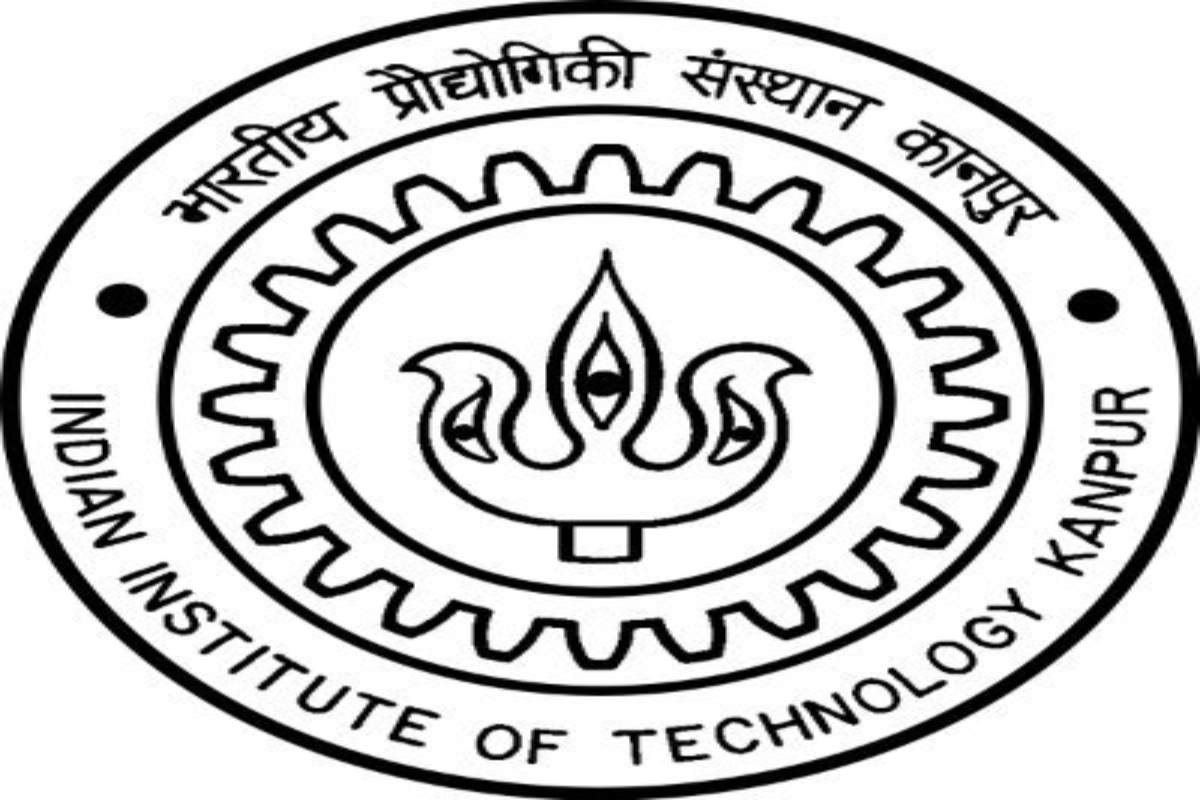A team of researchers from the Indian Institutes of Technology (IIT) Jodhpur and Delhi has developed a cost-effective and highly sensitive tactile pressure sensor for detecting fruit ripeness.
The sensor utilises nanoneedle textured PDMS (polydimethylsiloxane) as the dielectric layer and is lithography-free, allowing for flexible and large-scale fabrication.
The team characterised the sensitivity and hysterics response of the capacitive tactile sensor and examined its transient response.
By measuring the elastic modulus and capacitance, the researchers were able to demonstrate ripeness assessment for different types of tomatoes.
“The development of the highly sensitive tactile pressure sensor and its integration with a robotic system has the potential to revolutionise the way in which high-value fruits are sorted today,” said Dr. Ajay Agarwal, Professor & Head, Department of Electrical Engineering, IIT Jodhpur, in a statement.
“This innovative technology offers a cost-effective solution for accurate and reliable fruit ripeness detection during harvesting and transportation, enabling high-throughput sorting of fruits based on their quality and ripeness.
“The implementation of this system can have a significant impact on the fruit industry, improving efficiency, reducing waste, and increasing the shelf life and overall quality of exported fruits,” Agarwal said.
The developed sensor is capable of sorting fruits as per their ripeness and hence, by integrating the newly developed sensor with a robotic arm, it will be possible to create a high-throughput system that can effectively sort fruits based on their ripeness and quality during the plucking or transportation stages.
This cost-effective system will be particularly useful for exporting high-value fruits over long distances.
The study, which also included researchers from CSIR-CEERI, Pilani, was published in a paper in IEEE Sensor Journals.











